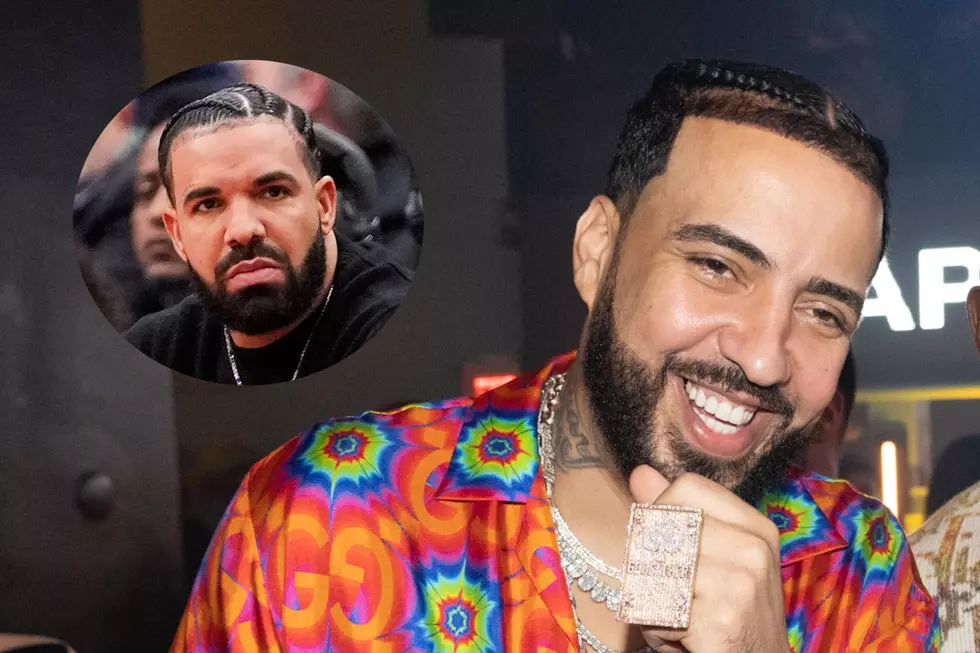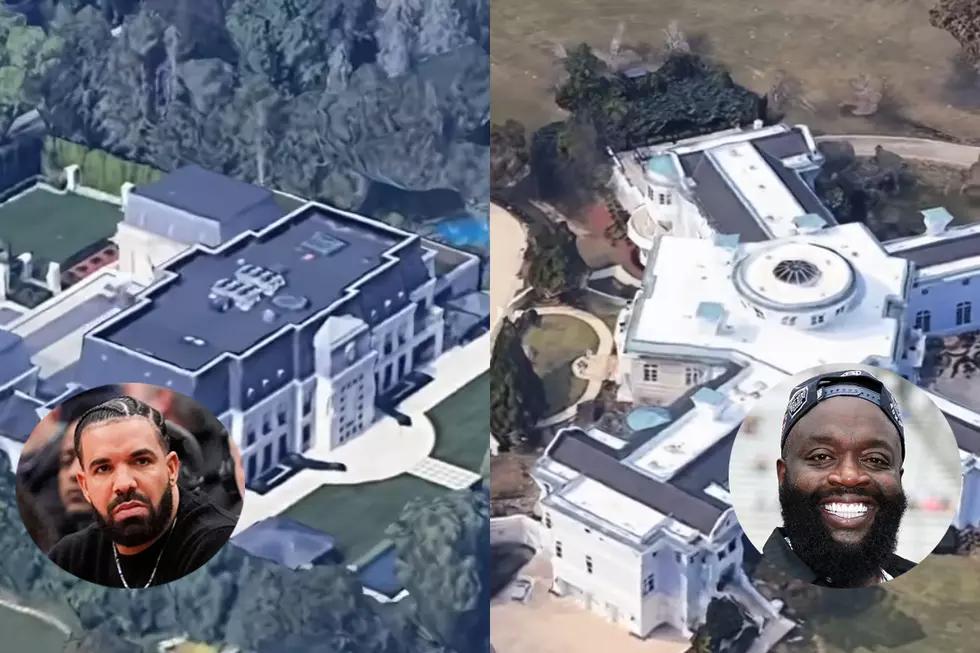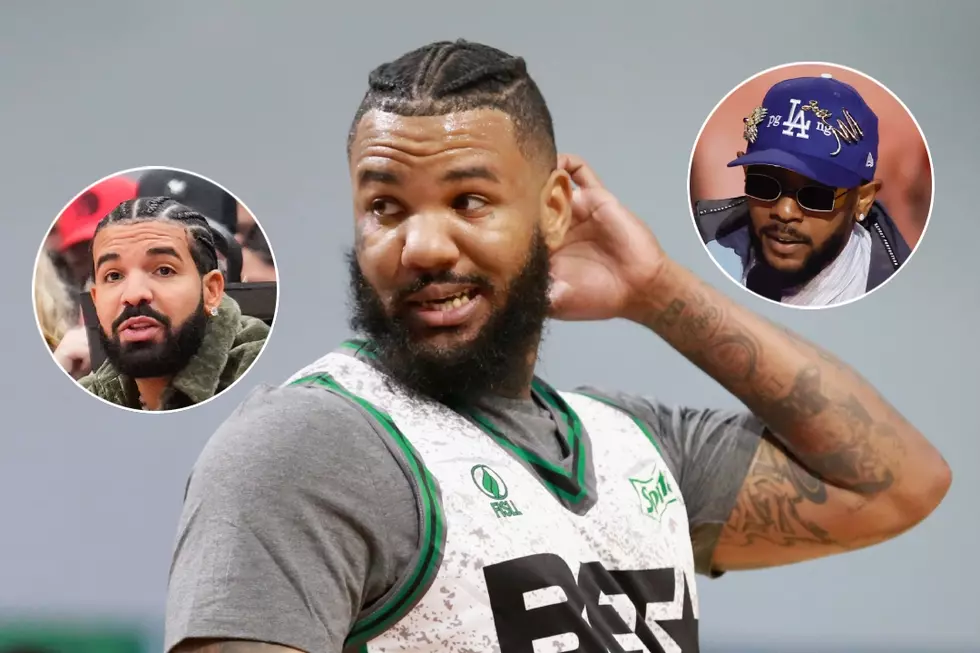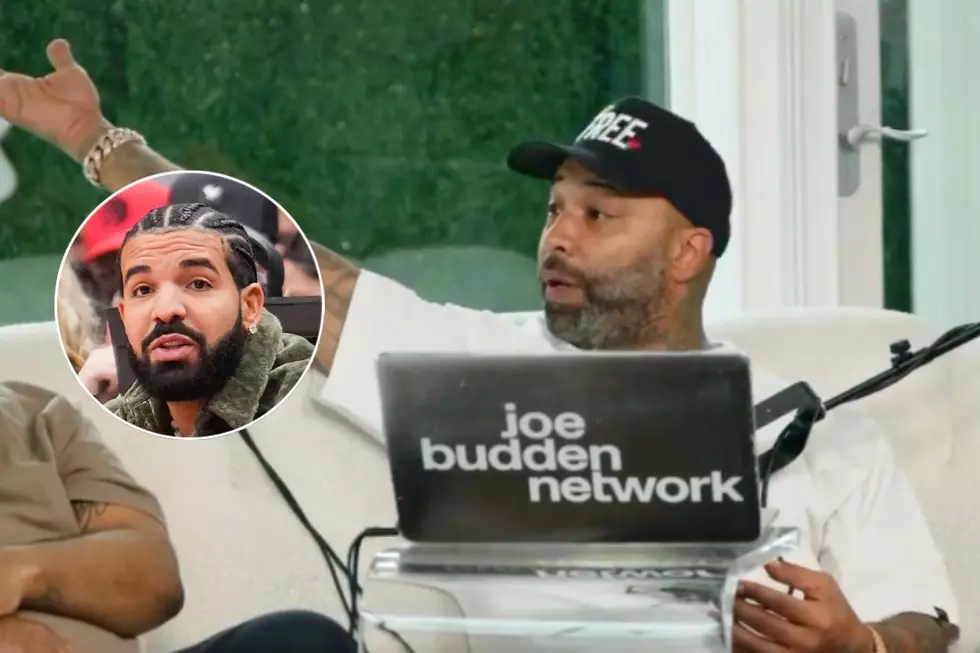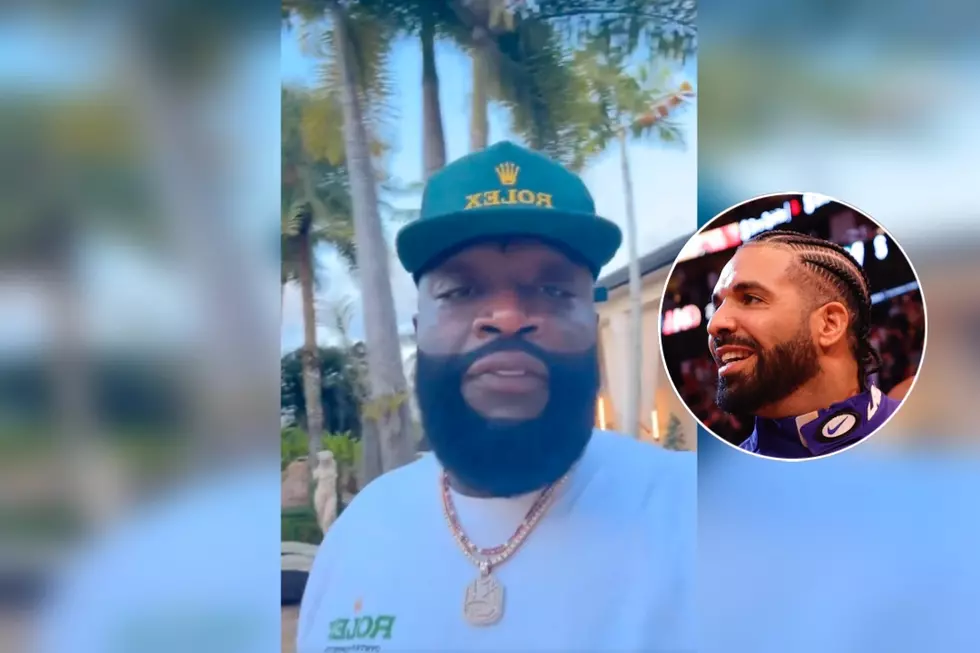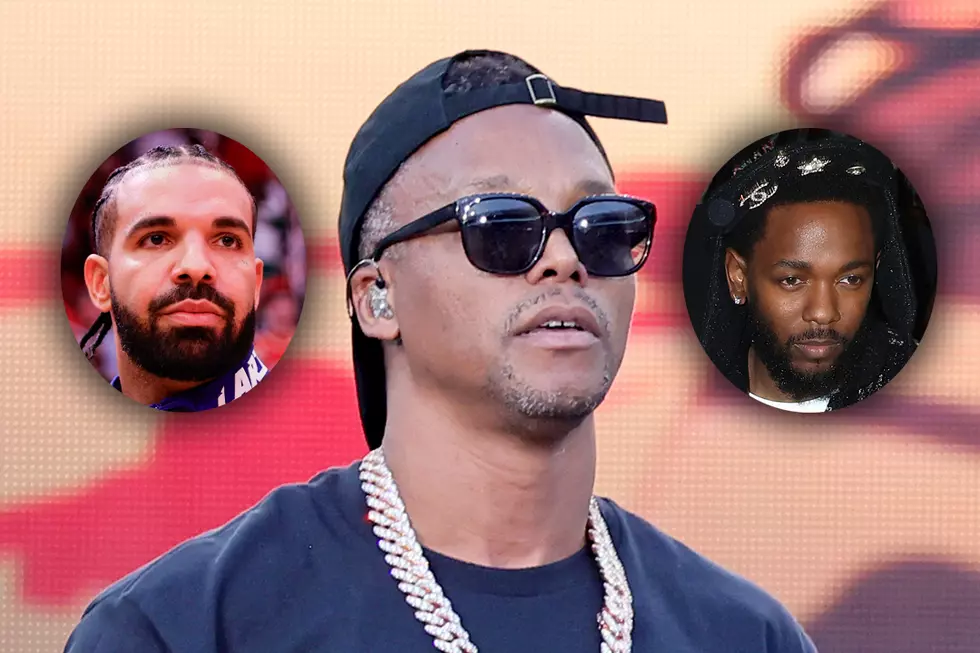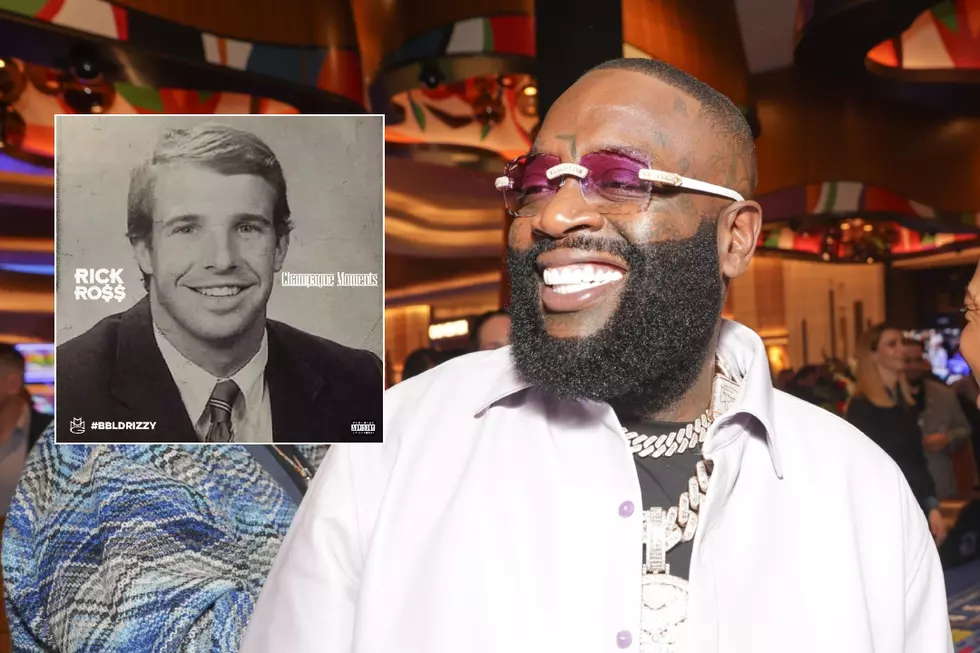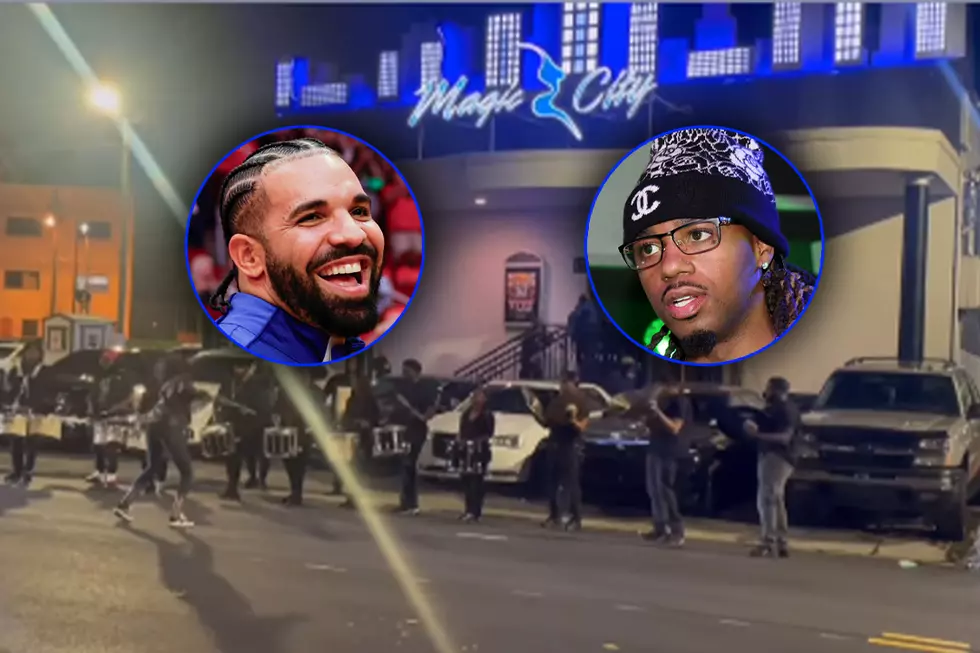
The Disappointment Of Drake: Could He Be More Successful?
"Everybody got a deal/ I did it without one," —Drake, “Forever”
He had the potential to be the first to really do it. He had the forces, artists, team and movement behind him. He possessed a unique mix being clean-cut enough to get the corporate brands drooling, while still credible enough in the streets to be respected. Drake had the opportunity to completely change the landscape of the music business, yet at the end of the day stopped one step short from becoming a true pioneer.
Rewind to February 13, 2009, and the release of Drake's So Far Gone mixtape. Without having a huge buzz at the time, and not even being tapped for the 2009 Freshman Class XXL Cover (which, when you look at the time of the magazine’s release, he hadn't really done enough to deserve yet, and most people at the time weren't screaming that he was slighted), I downloaded a project from a singer/rapper named Aubrey Graham.
Turns out I wasn't alone.
Having what could go down as the biggest mixtape ever (I mean, he was nominated for two Grammy's off it), Drake put himself in position to be the biggest new artist in urban music since 50 Cent.
"When my album drops bitches'll buy it for the picture/And niggaz'll buy it, too, and claim they got it for they sister," —Drake, “Best I Ever Had”
Rarely does an artist come across that can be commercial enough to appeal to top 40 female teeny boppers, while being agile enough to go bar for bar with any rapper in the game. Seriously, who would have thought a Canadian half-Jewish singer-rapper hybrid who grew up in a wealthy neighborhood and played a disabled kid on a Nickelodeon show would get requests for features without an album, all while still being respected by the toughest critics in the hip-hop blogosphere.
Yet, when it came down to it, Drake didn't go all the way.
Everyone knows the current model of the music business is archaic and on life support. New artist development is gone at nearly every major label, replaced by signing artists with singles of the moment to restrictive all-in 360 deals (that most labels don't take advantage of and just sell music/ringtones while locking up valuable rights artists can’t use to pursue real money-making avenues). Everyone is looking for the definitive new business model in music, even if, as I think it will, that turns out to be a variety of options that will vary drastically artist to artist.
That being said, let’s look at what the value of a record label is in this day and age. We’ve already cut artist development, so you need to get your music right on your own without A&R guidance.
Promotion and marketing: Labels are good at going from 60-100, but not 0-60; artists still need to get their buzz going themselves.
Videos: Labels can provide the true budgets needed for traditional videos, but now with technology, artists can team up with great up and coming directors to create visuals for next to nothing.
Radio: Labels again are good at going from 60-100 but often look for early starts they want the artists to contribute.
Setting up distribution and monetizing: Selling/getting your records in stores is obviously important, and, to their credit, labels have gotten better in the last year at monetizing other avenues, yet still aren't great—a good manager and team is much more crucial in this role, in my opinion.
"Buzz so big I could probably sell a blank disc," Drake, “Best I Ever Had”
By the time "Best I Ever Had" reached the top of the charts, Drake had already successfully done everything a major label could by himself (even if Cash Money/Young Money and Drake's team did put some paper behind him to promote the single at radio, and gave him a huge platform with Wayne on tour). At this point, there was nothing a label could do for Drake, and everyone knew this.
Here is where it all went wrong, in my humble opinion.
Instead of continuing the independent domination on his own, Drake went the typical way of going label to label in a bidding war against each other trying to get the most money. In this day and age I don’t see the advantage in signing to a label after you’ve done it all entirely independently yourself.
Labels have the tendency to often get in the way, slow things down, and make the wrong choices (as we so often see). Putting myself in Drake's shoes, I totally understand the concept of getting money from the labels to fund my project/wallet and the comfort of going the traditional way and not taking the risks associated with trying something new, but for someone who is “so far gone” with what he’s done and accomplished on his own, don't stop at third base.
Easier said then done, right?
Not necessarily. With the level of success Drake had independently, the features he had coming up with major artists, his clean-cut image, and everything else going on, he could have violently tipped the entire music industry upside-down and revolutionized the concept for others artists, both new and old, to follow, all while owning 100-percent of everything he did and building and owning his business exclusively on his own. Sprite even tapped him for a Super Bowl commercial that featured a song he did under the Interscope umbrella, not his own label ("Forever" is from the More Than A Game Soundtrack).
"The game needs change and I’m the muthafuckin’ cashier," Drake, “Successful”
I don't mean to give away the secrets on what I’m working on, but imagine going to company X, who cuts a check to have Drake be a spokesperson for the brand, then pays to create a music video that features and can also be cut into a commercial for company X that’s shown on TV to millions of people thousands of times. To top it off, the consumer has to go to Drake's website to get the entire song (or mixtape/album) for free, where before they download they’re forced to watch that 30 second music video/advertisement about the product.
Makes too much sense, right?
Not only would Drake be getting the upfront check and huge promotions blowing him up even more, but also getting paid for advertising on his site each time someone downloads his music (which is free to consumers). In the event it went nowhere, company X isn't committed to wasting a ton of money, and if successful, Drake is making more money than he could imagine. Immediately, if successful, this changes the entire model of the music business. This is just one of millions of potential opportunities to monetize music, which I get into in a different blog entry altogether, but by now you get the picture on what I think Drake could have done.
Now, don't get it twisted, Drake still has the opportunity to be wildly successful (not to say he isn't already), and I love my people at Universal-Motown (hi, Sylvia!) and VERY few people could even try what I speak on, but this is an atypical situation where history could have been made.
In this marketplace, especially where the economy is, Drake went the 100-percent safe route, and at the end of the day, did what he felt was best for him. Maybe I'm looking too much into it and the rebel side of me just wants to see something new shake up everything, but I really think Drake could have revolutionized the music game, and to some extent, the entertainment and advertising industries. For someone with so much against him yet was able to do it all himself to just drop the ball at the buzzer disappoints me. I just think of what could have been.
"And Sylvia be tellin’ Tez damn, Drake, fly," Drake, “Say What’s Real”
On June 28th, 2009, Drake announced he had signed a record deal officially, with Universal Motown. Someone else will have the opportunity soon to do it 100-percent independently without a major. I just hope they see it, understand it, and take it to revolutionize and revitalize this business we call music.
More From XXL
